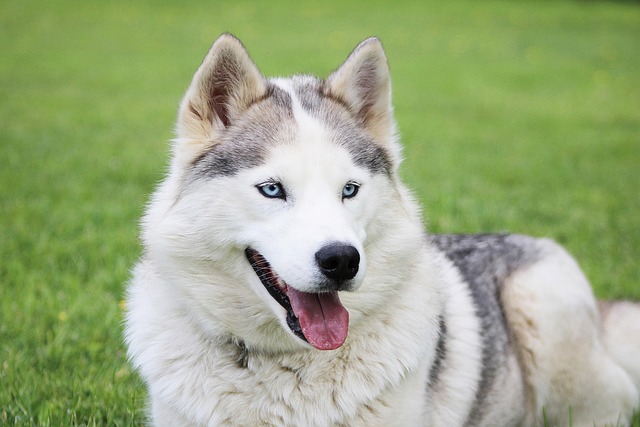
How can I tell if my dog's heatstroke is serious
Let’s be real: It’s a sticky August morning in Los Angeles, and you took your 2-year-old Golden Retriever, Max, for a walk a little later than usual
Husky puppies are little balls of energy, zipping around the living room like they’ve got a permanent supply of batteries. Their zoomies at 6 a.m., the way they chew on your favorite shoes, and that relentless desire to dig up the flower bed—these are all part of their charm, but let’s be honest, it can wear you out. Many owners start wondering when this whirlwind might slow down.
The short answer? It’s not a single magic age, but most Huskies start mellowing between 18 months and 2 years old. That’s when their bodies and brains reach full maturity, and those intense puppy urges start to dial back. But don’t expect a total transformation. These dogs were bred to pull sleds for miles, so a certain level of energy is in their DNA.
Consistency in training plays a big role in how quickly they calm down. Take Sarah from Portland, for example—her Husky, Koda, was a terror until she started daily 45-minute runs followed by puzzle toys. By 20 months, he’d stopped destroying the couch and started napping through afternoons. Without that outlet, pent-up energy often leads to trouble, which can make the “calm” phase feel like it’s never coming.
 It’s also important to remember local laws. In many U.S. cities, excessive barking or destructive behavior can lead to fines, especially in apartment complexes. Over in the UK, the Animal Welfare Act requires owners to meet their pets’ behavioral needs, which for Huskies means plenty of exercise to prevent restlessness. Neglecting that isn’t just bad for your sanity—it could land you in legal hot water.
It’s also important to remember local laws. In many U.S. cities, excessive barking or destructive behavior can lead to fines, especially in apartment complexes. Over in the UK, the Animal Welfare Act requires owners to meet their pets’ behavioral needs, which for Huskies means plenty of exercise to prevent restlessness. Neglecting that isn’t just bad for your sanity—it could land you in legal hot water.
Socialization matters too. Puppies who get exposed to different people, dogs, and environments tend to grow into more relaxed adults. A Husky that’s scared of new situations might act out with hyperactivity, whereas one that’s comfortable in the world is more likely to chill out. Start young, but keep sessions short—puppies have short attention spans, and overwhelming them can backfire.
So, if you’re dealing with a Husky puppy that seems like a force of nature, take heart. Time, patience, and lots of activity will get you there. By the time they hit that 2-year mark, you’ll probably miss some of their chaos—but you’ll definitely appreciate the quieter moments on the couch. Just remember, every dog is different, and some might take a few months longer than others. As long as you’re meeting their needs, you’re on the right track.

Let’s be real: It’s a sticky August morning in Los Angeles, and you took your 2-year-old Golden Retriever, Max, for a walk a little later than usual

You're enjoying a summer afternoon at the park when you notice your dog has stopped panting and appears disoriented - their gums are bright red

Let’s paint the picture: You’re in your Denver apartment, watching your 4-year-old Boston Terrier, Ruby, plop down mid-play session with her favorite toy

Many dog owners notice their pets nails seem shorter after regular walks,but how much does this daily activity actually help?The answer depends on where you walk—concrete sidewalks or asphalt streets gently file nails as a dog's paws hit the ground

Most dog owners notice their pup scooting across the carpet at some point, but few connect it to impacted anal glands. These small sacs near a dog’s rectum secrete a scent for marking territory

Most vets agree that regular dog teeth cleaning is key to avoiding painful dental issues later. For healthy adult dogs, a professional cleaning at the vet’s office every 12 to 18 months usually works well.